
Newly discovered epigenetic markers offer hope.

Study reveals targets on the tumor cell that can be recognized by killer T-cells.
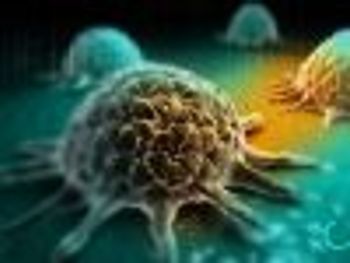
Top recent developments in cancer research.

Lymphoma and lung cancer present significant risk to RA patients.

Research will lead to novel viral and immunologic treatments.

Combination of immunotherapy and aspirin showed a substantial decrease in bowel and melanoma skin cancer growth in mice.

Genetic variants regulate immune cells with important roles in immunodeficiency disorders.

Treatment removes a tumor's defenses.

Chemotherapy drugs can convert gastrointestinal bacteria into toxic species that causes severe diarrhea.

Acupuncture found to help patients manage debilitating side effects from breast cancer treatment.

Researchers seek to improve care for rare, difficult-to-treat, and aggressive cancers.

Adoptive cell transfer procedure involves extracting and growing immune cells outside of the body.

Anticancer medication response strongly linked to genetic ancestry.

Engineered chimeric antigen receptor T-cells differentiate between cancerous and normal cells.

Concerns raised over treatment that fights fungal infections in lung transplant patients.

Research may lead to new combination therapies that attack different parts of cancer cells.

Mutations that affect splicing in oncogenes may facilitate tumor progression.
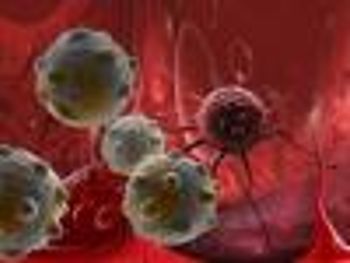
Researchers target cell division to prevent the growth and spread of cancer.
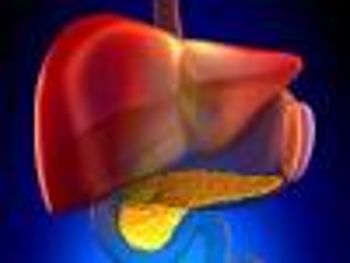
Improvements can be made to provide procedure-specific national benchmarks for postsurgical outcomes.

Researchers seek to determine how compound from chili peppers kills prostate cancer cells.

Study finds patients with low-risk prostate cancers be monitored in an active surveillance program.

Top developments from the last week in cancer treatment.

Researchers evaluate how DNA viruses work and how they can be stopped.

Findings could boost the efficacy of immunotherapy drugs.

New approach may combine with existing medications to improve survival.
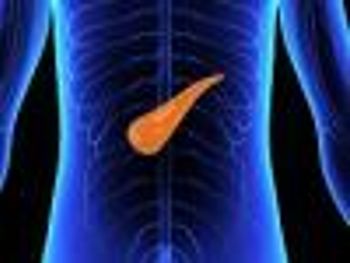
Test may identify and treat premalignant pancreatic lesions.
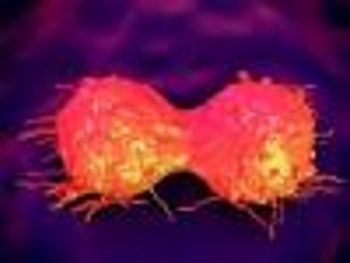
Investigational drugs developed across specific types of lung, bladder, and skin cancers.

Alectinib is an oral anaplastic lymphoma kinase inhibitor for locally advanced or metastatic non-small cell lung cancer.

Researchers examine how a cell distinguishes between damaged DNA and foreign viral DNA.

Pharmacists can manage medications and long-term toxicities to enhance the spectrum of care.